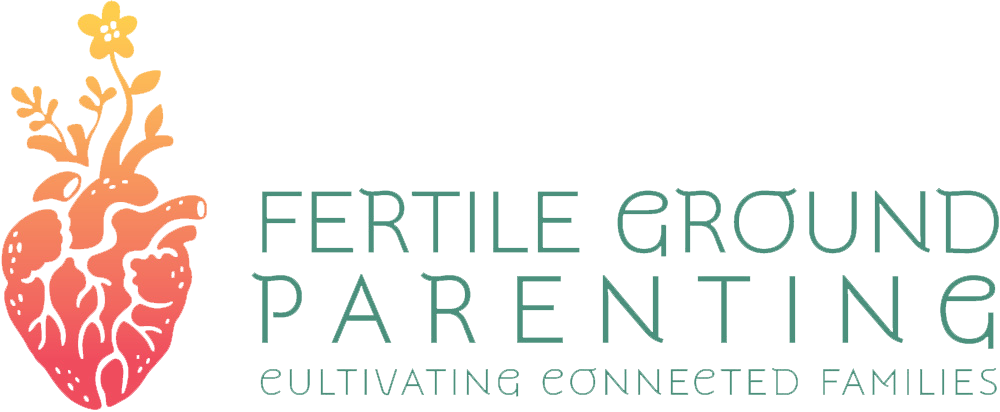One of the biggest challenges we face as parents is knowing how to respond when our children have a big feeling—when they get angry, very sad, frustrated, or even super excited.
This work begins for us when our babies are tiny, when they sometimes cry for prolonged periods for seemingly no reason.
And it continues as our children grow into older babies, toddlers, and beyond.
How we meet our child’s big feelings will teach them how to meet their own feelings, and, I’d argue, how to understand themselves as they grow.
Read more

